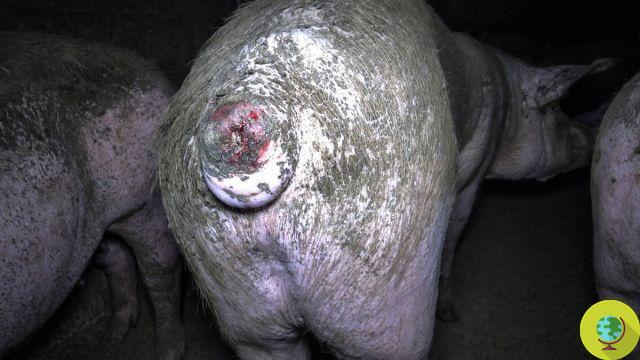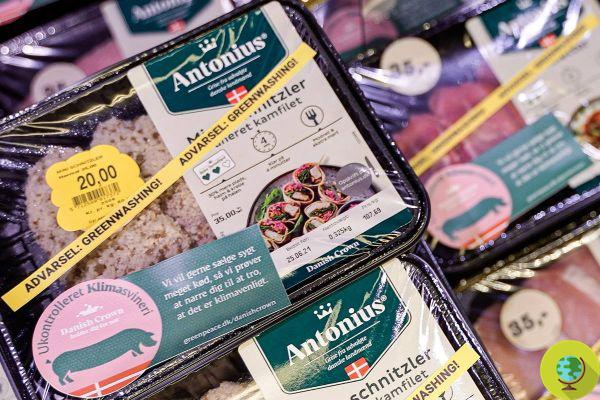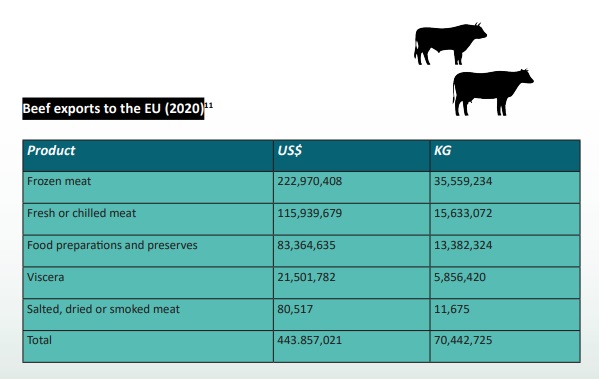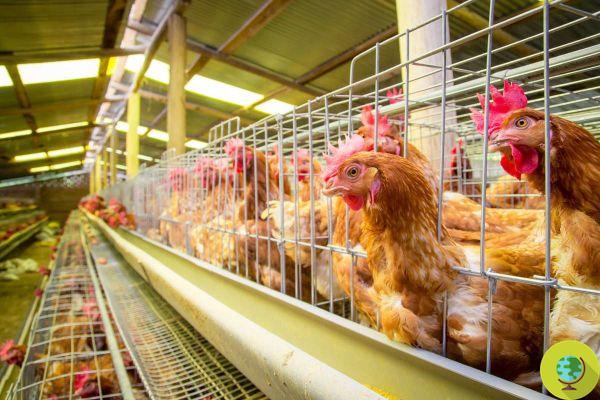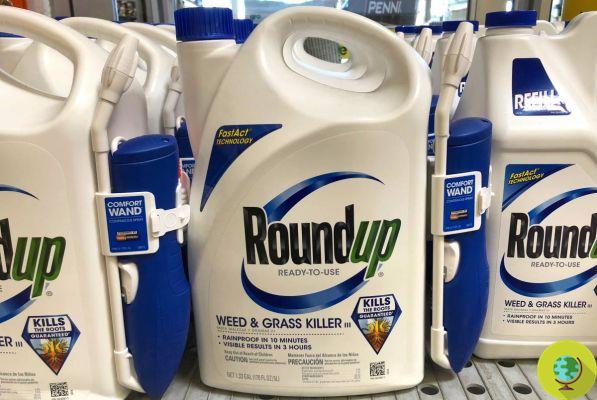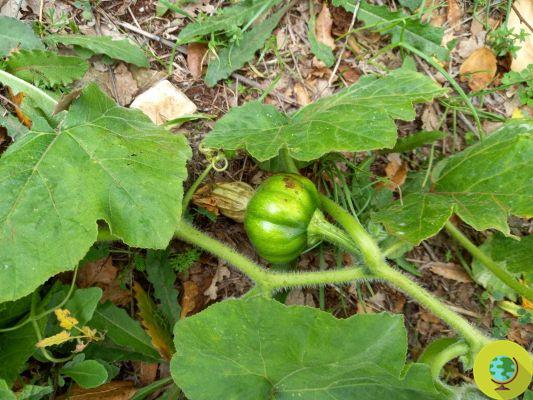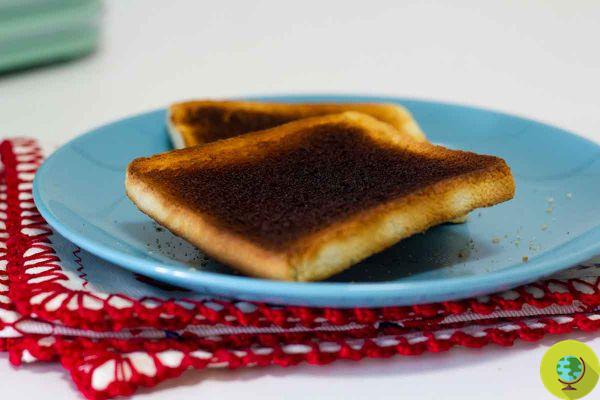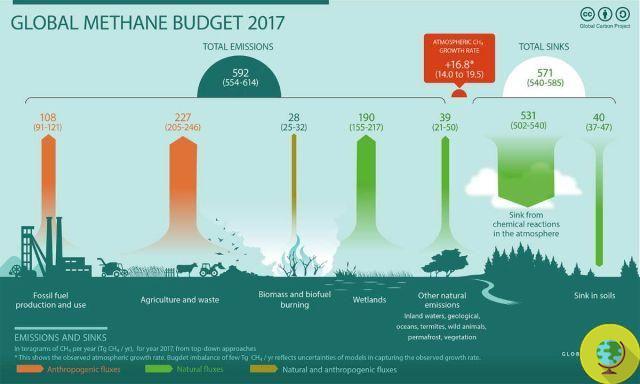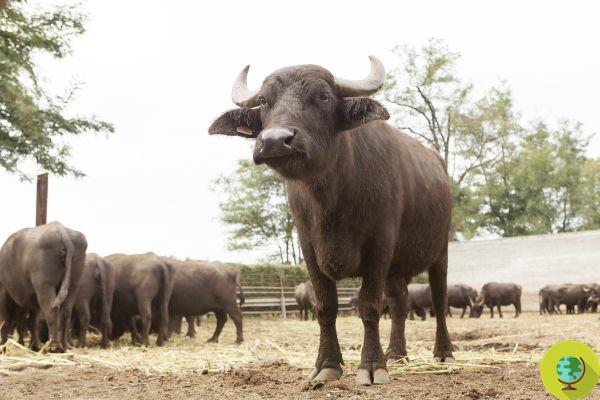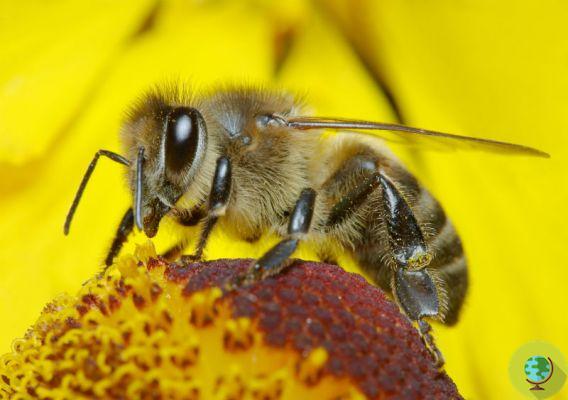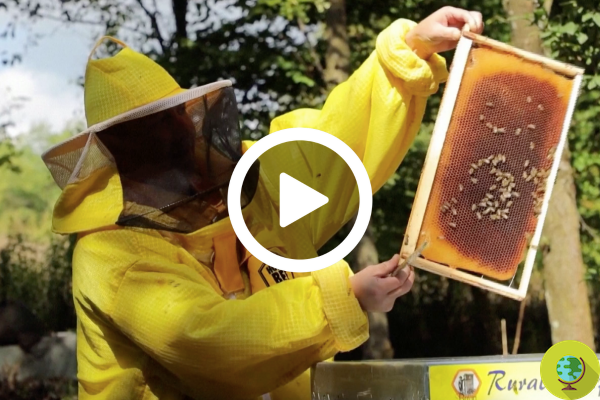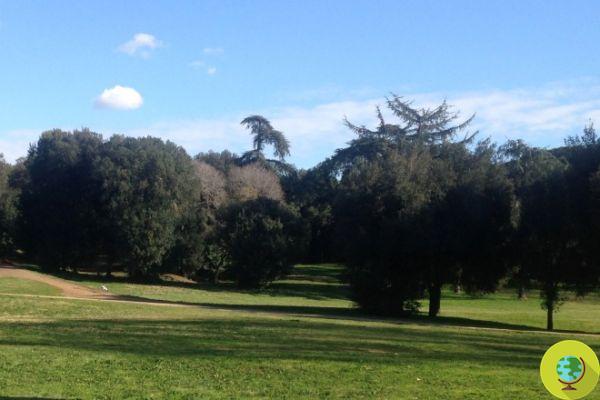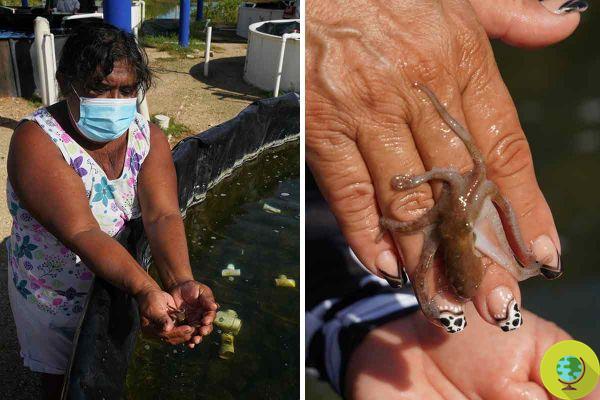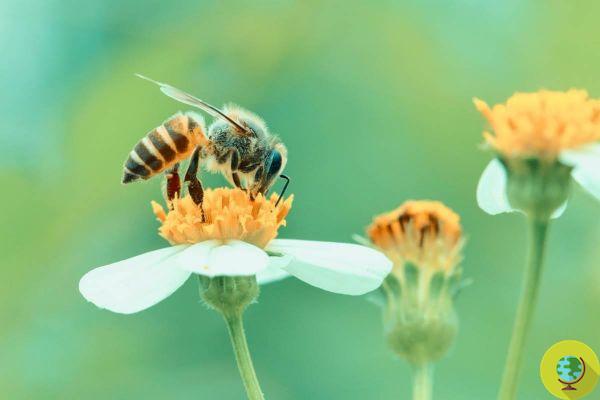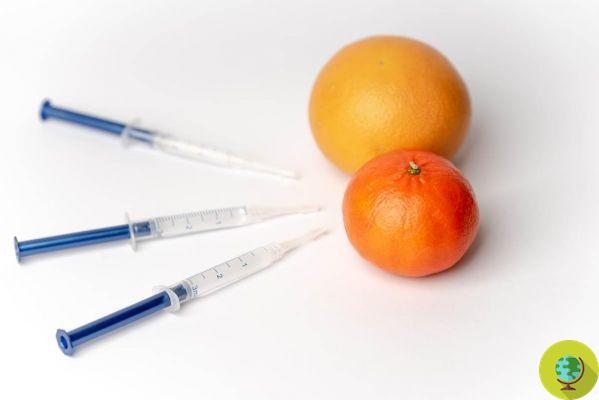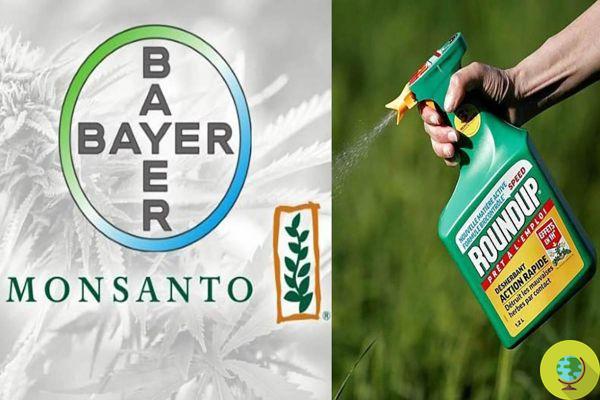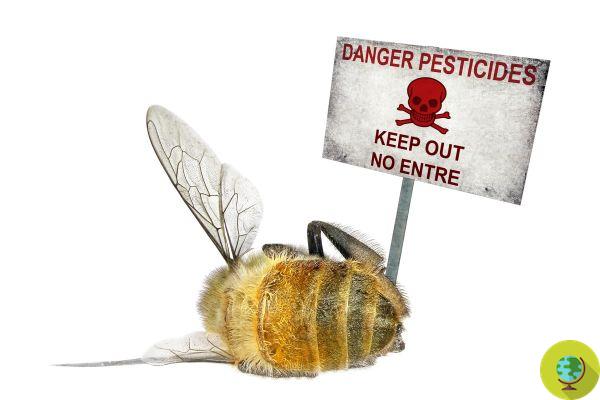
New measures to reduce the use of pesticides and thus protect bees and other pollinating insects. In a resolution passed by show of hands, the European Parliament comments that so far, the European Union initiative does not sufficiently address the problem
He is about to end up run over, his mother saves him
New measures to reduce the use of pesticides and thus protect bees and other pollinating insects. In a resolution passed by show of hands, the European Parliament comments that so far, the European Union initiative has not sufficiently tackled the problem by placing the emphasis on the decrease of bees and insects due to pesticides and on soil changes. , intensive agricultural management practices, environmental pollution, climate change and invasive alien species.
"Since pollinators are an essential component of biodiversity and are indispensable for the reproduction of the majority of plant species, MEPs ask the Commission to transform the intentions contained in the Initiative into a large-scale action program for pollinators, with of sufficient resources ”, reads a press release.
For MEPs, reducing the use of pesticides and mineral fertilizers should become a key objective of the future Common Agricultural Policy (CAP) to help increase the quality of pollinator habitats on agricultural land. But not only that, Parliament is calling for mandatory reduction targets across the EU, to be included in the next revision of the directive on the sustainable use of pesticides, as well as more funds to support research into the causes of pollinator decline, in order to protect the diversity of species.
Recall that in April 2018 the EU decided to completely ban the use, in outdoor environments, of imidacloprid, clothianidin e tiametoxam, noti come neonicotinoidi. However, several Member States have notified emergency exemptions for their use on the ground. A recent study also showed that despite the bans, killer pesticides continue to contaminate European fields.
According to the Commission, around 84% of cultivated species and 78% of wildflower species in the EU alone depend, at least in part, on animal pollination. Up to almost € 15 billion of the EU's annual agricultural production is directly attributed to pollinating insects.
Read also:
- Neonicotinoid pesticides: in addition to bees, they also kill butterflies and birds (PETITION)
- Europe finally bans killer bee pesticides (but only three and only outdoors)
- Europe underestimates pesticides too much: the authorizations must be reviewed, the appeal of Generations Futures
- France saves bees and bans all 5 pesticides responsible for their death
- Death of bees: intervention by the Minister of Agriculture requested to defend insects from pesticides




